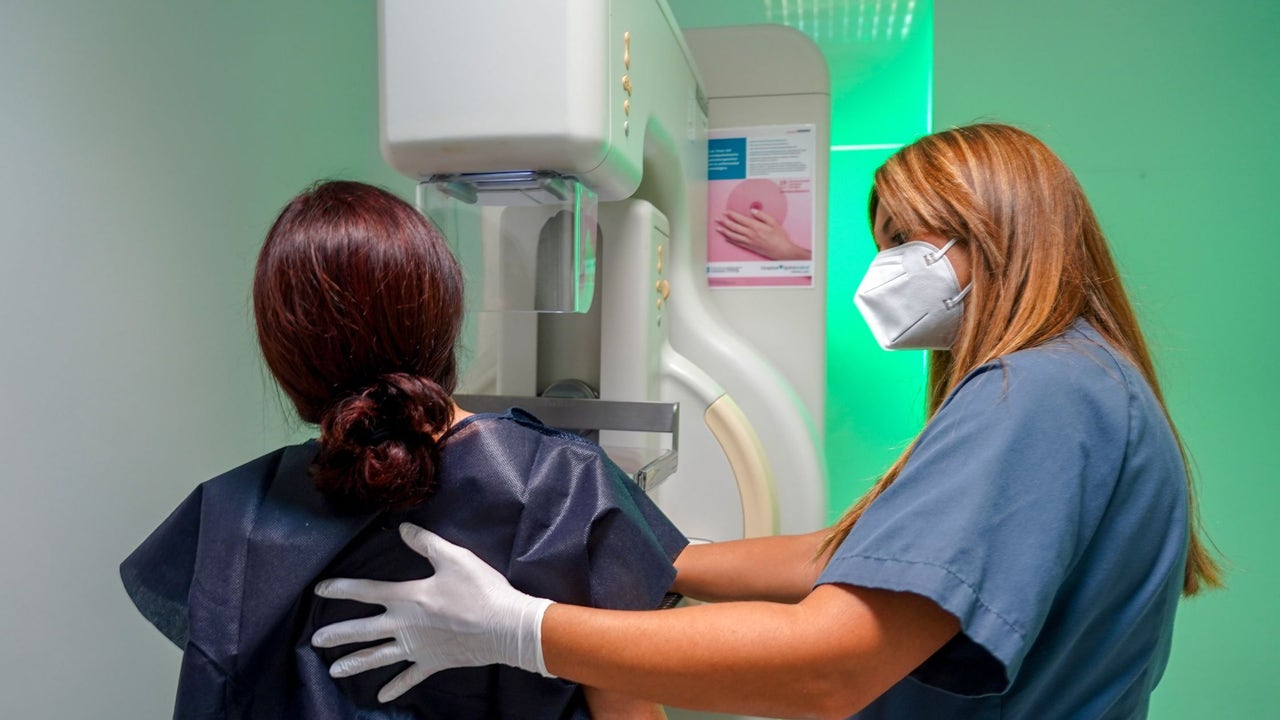Breast cancer is the most common cancer in women, and one of the leading causes of death related to the disease. That lower survival in low-income countries, partly because of the dearth of early detection programs and Most women are diagnosed with advanced disease.
This was revealed by a study by the Andalusian School of Public Health, CyberEpidemiology and Public Health, the National Epidemiology Center of the Carlos III Institute of Health and the University of Granada, which highlighted that the country’s economic level, low sociocultural level, fear and negative beliefs towards cancer has bigger implications delay in visiting the doctor when detecting changes in the breastthereby affecting the prognosis of the disease.
This work, directed by postdoctoral researcher Dafina Petrova, analyzes inequality in breast cancer diagnosis in various countries around the world, especially in Europe. This study collects data from 50 studies and 18,014 breast cancer patients from low- and middle-income countries, analyze the time it takes patients to see healthcare professionals from the time they first detect their symptoms.
«For most patients in European countries such as Spain, a month or less elapses between the time they detect changes in their breasts and the time they are seen by a doctor. However, for patients living in poor countries, it usually takes between 3 and 4 months, something that can lead to a diagnosis of breast cancer at a more advanced stage, when treatment is more aggressive and healing is more difficult,” Petrova explained.
The reasons for this delay are complex and related to social and cultural circumstances. Some of the factors identified in this study are illiteracy, low knowledge about cancer, negative fears and beliefs, use of alternative medicine and distrust of the health system. On the other hand, recent reports reflect inequalities such as that only 8% of Germans find it difficult to find and access information about cancer, compared to 40% of Bulgarians, or that Germany has 3.5 computed tomography machines for every 100,000 inhabitants, compared to one in Great Britain.

“Internet trailblazer. Troublemaker. Passionate alcohol lover. Beer advocate. Zombie ninja.”







